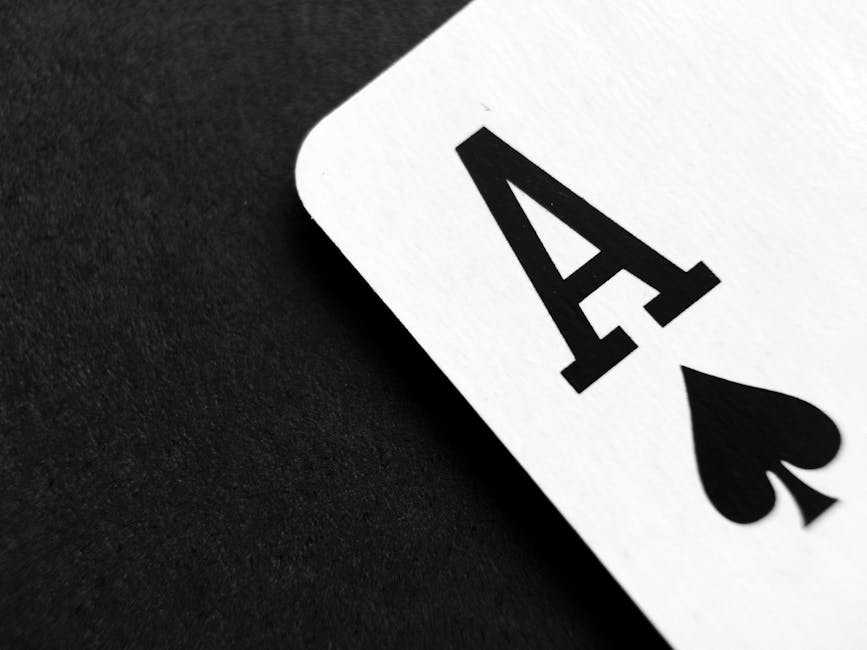There’s an exciting bit of technology that makes every modern casino game unpredictable yet fair and trustworthy. It’s called RNG, or Random Number Generator technology. You’ll experience it in the digital slots you spin on your smartphone and the blackjack hands you play online against virtual dealers.
With online gaming booming, there’s never been a better time to understand just how RNGs work. Why are they essential for player confidence and the integrity of online casino platforms? This blog will explain all.
We’ll break down what RNG is and how it works in online casino games with a few examples of the tech in action.
What is RNG and Shy Does it Matter?
RNG is a software algorithm that produces a random sequence of numbers. More impressively, it can do this incredibly quickly, at a rate of millions of numbers per second, like a digital dealer shuffling and dealing thousands of virtual hands in an instant without breaking a sweat.
RNG technology is an online casino’s superpower.
When you press a button or place a wager at an online casino, the game “grabs” the most recent number from the RNG to determine an outcome. Each number leads to a specific outcome, such as the symbol you land on in a slot reel, or the card drawn in blackjack or poker.
The main type of RNG used in online gaming is a Pseudo-Random Number Generator (PRNG). These use a seed value and complex math formulas to produce sequences that are truly random. Without them, the outcome of your favorite slot or table game would become stale and predictable. More worryingly, the system could be manipulated. This would make it almost impossible for casinos to ensure everything is fair and above board.
Why RNG Matters for Fairness
Imagine an online casino without RNG. Outcomes could be decided by whoever runs the platform. This is a scenario that no player would welcome or trust.
RNG technology solves the problem. It generates unpredictable, independent results for every spin or card draw. It creates a fully transparent, verifiable system that casino operators can’t mess with. When online gambling in New Jersey, this isn’t just good practice; it’s the law.
There is a long history of online gambling laws and regulations in New Jersey, dating back to the 1700s. Fast forward to the present day, and regulatory bodies like the New Jersey Division of Gaming Enforcement (DGE) rigorously test and certify RNG systems to ensure everything is fair. This gives players in New Jersey the confidence and peace of mind that all outcomes are purely a result of chance.
Common RNG Myths — Busted
There are lots of myths that you still see about RNGs. Let’s squash a few of these with cold, hard facts.
Myth 1: “The casino controls when I win”
This is false. Regulated casinos cannot get involved and alter the outcomes of a game on a whim. RNGs are locked and regularly audited to meet the highest standards. If a casino did try to rig games, it would lose its license and face huge fines. All the outcomes you see — spins, cards, dice rolls, etc. — all come from independent RNGs.
Myth 2: “Slots are due for a win after a losing streak”
Also false. RNG doesn’t have a memory. There isn’t a log or sequence that, once exhausted, will lead to a specific turn of events. Every spin is independent and unaffected by previous events. You could lose twenty times and win big on the next spin. Or you could lose thirty times or more. That’s why gaming experts are adamant there’s no “hot” or “cold” machines. Each result is random. Every single time.
Myth 3: “I can spot patterns and beat the RNG”
Nope. As we noted earlier, RNGs can churn out results at incredible speeds. This makes it impossible to predict or track what’s going to happen next. Patterns that people think they see are just random clusters of events. These naturally occur in chance-based games and don’t signal anything meaningful. While it’s fun to imagine that you can “crack” slots, regulated casinos use RNGs precisely to prevent manipulation. The odds stay the same, no matter how closely you watch.
RNG and Game Design
RNG is truly random and upholds fair play. But it’s not just randomness for randomness’s sake. There’s something deeper at play. Game developers use RNGs to design engaging experiences — ensuring risk, reward, and entertainment are balanced.
Take slot games, for example. RNG determines:
- Which symbols appear
- How often bonuses trigger
- Whether progressive jackpots pay out
Outcomes are always random. But the payout structure and feel of the game are planned. This is linked to something called Return to Player (RTP), a percentage that signals whether a game is high or low volatility. Here’s how that works:
- A slot might be programmed so there’s a tiny chance of hitting a massive jackpot. That’s what’s known as high volatility.
- Or it might pay small wins frequently, but rarely big ones. That’s low volatility.
RNG in Action: Game Examples
You might not know it, but you interact with RNGs every time you play at an online casino. Here’s how it plays out:
- Slots – RNG generates a number that determines which symbols land on each reel after you press spin.
- Online blackjack – Every card dealt from the virtual deck is determined by RNG. There’s no stacked deck or patterns. The odds are fresh every single time.
- Roulette – Instead of a physical ball, RNG decides where the virtual ball lands. The results mirror the randomness of real-world spins.
- Video poker – The RNG selects cards from a deck when you press “deal” or “draw.” There’s no card counting. It’s pure chance, like when you draw from a freshly-shuffled physical deck.
- Progressive jackpots – RNG dictates when a huge jackpot hits. While the pool grows over time, the actual win is still unpredictable and a matter of RNG timing.
- Instant Win Games – Just like physical scratch cards, outcomes are predetermined by RNG when you click “play”.
Final takeaway
RNG technology is the unsung hero of modern casino gaming. It keeps outcomes fair. It protects players. It ensures online gambling in New Jersey is always fully regulated and trustworthy.


